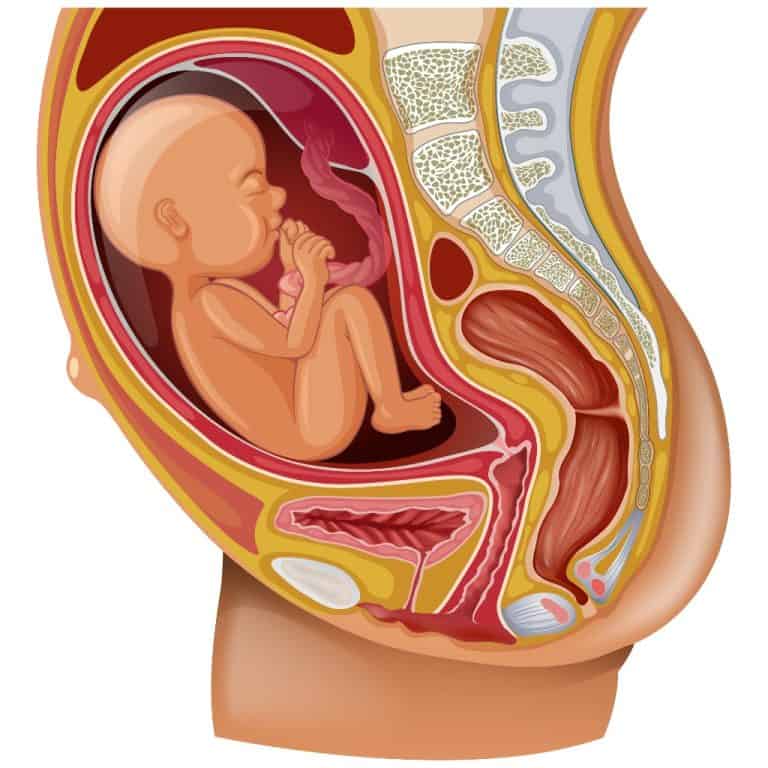Welcome to the Pregnancy quiz! Whether you’re expecting a baby or just curious about the journey of pregnancy, this quiz is here to test your knowledge and teach you something new. From the early symptoms of pregnancy to the different trimesters and what to expect during labor, this quiz covers it all in a fun and interactive way.
Get ready to learn about the miracle of pregnancy and all the changes that happen to a woman’s body during this special time. Test your knowledge on topics like prenatal care, fetal development, and common pregnancy myths. So grab a snack, get comfortable, and let’s dive into the world of pregnancy together!
Play Pregnancy Quiz
Instructions
- This quiz is multiple choice.
- Read each question carefully before selecting an answer.
- Choose the best answer for each question.
- You will see the missed questions with correct answers at the end of the quiz.
Pregnancy Anatomy Labeled

Quick Facts
- Expecting a baby is an exciting time in a woman’s life.
- Pregnancy typically lasts around 40 weeks, divided into three trimesters.
- During pregnancy, a woman’s body goes through many changes to support the growing baby.
- It is important for pregnant women to eat a healthy diet and take prenatal vitamins.
- Pregnant women should avoid activities or substances that could harm the baby, such as smoking or alcohol.
- Regular prenatal check-ups with a healthcare provider are crucial for monitoring the baby’s growth and the mother’s health.
- Some common pregnancy symptoms include morning sickness, fatigue, and mood swings.
- Exercise is important during pregnancy, but it is essential to consult with a healthcare provider before starting any new exercise routine.
- Maternity clothes can help pregnant women feel comfortable and stylish as their belly grows.
- Childbirth classes can help expecting parents prepare for labor, delivery, and caring for a newborn.
Downloads
Study Tips
- Create a study schedule and stick to it.
- Find a quiet and comfortable study environment.
- Remove distractions such as phones and social media.
- Take breaks every 25-30 minutes to avoid burnout.
- Use active studying techniques like summarizing, highlighting, and teaching concepts to someone else.
- Practice retrieval by testing yourself with flashcards or practice quizzes.
- Stay organized with notes, study guides, and resources.
- Stay hydrated and eat brain-boosting foods like fruits, nuts, and whole grains.
- Get enough sleep to improve memory retention and cognitive function.
- Reward yourself for reaching study goals to stay motivated.
